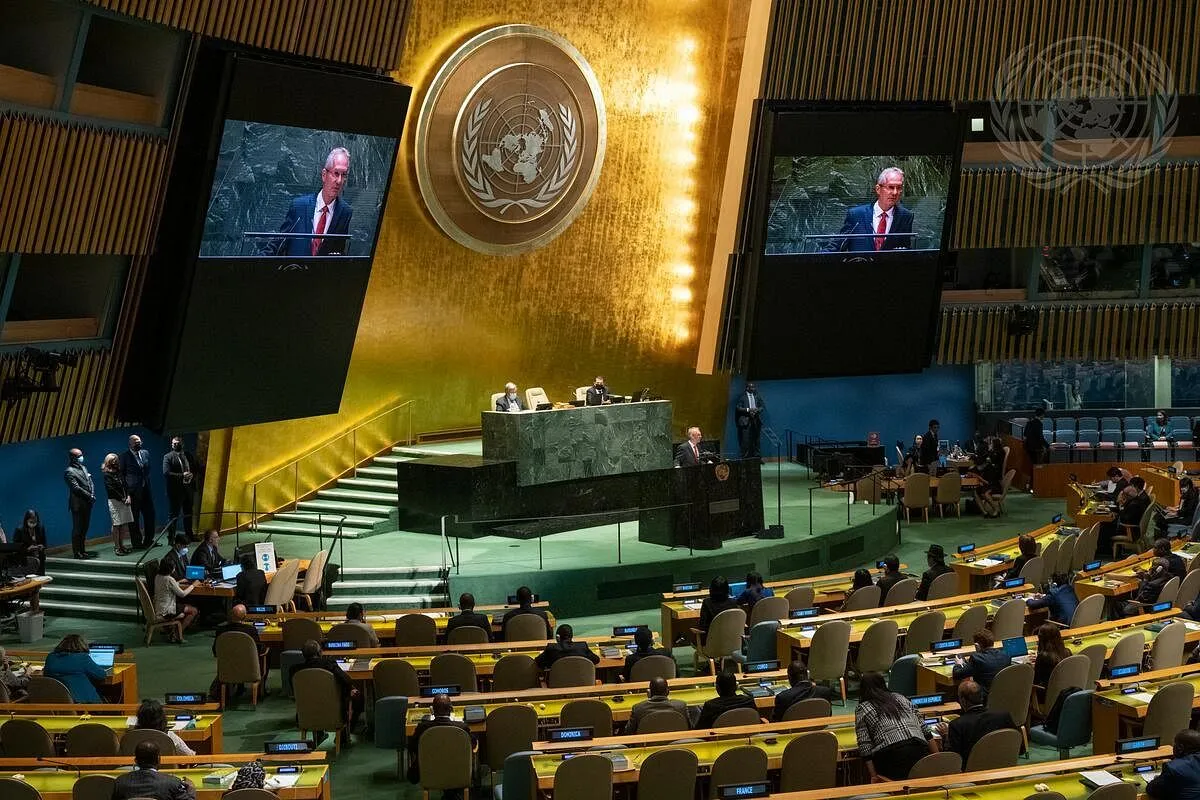The rise of China and its assertion, indeed aggressive moves since President Xi Jinping assumed the top slot in the country’s power structure in 2013, has focused the attention of global political leaders, diplomats and academics on changes in world order. There is a general awareness that equations between the major powers are changing. The rising powers, including India, are demanding a greater role in shaping the rules that govern the game of nations. And, new multilateral groups are being put in place to contain China. With all this though there is perhaps insufficient attention being given to what is world order? This is not unusual for in popular discourses once terms begin to be bandied around little attention is given to understanding what do they actually mean and connote. And, in these times of the social media, of instant, often one-line responses, there is also popular impatience to go to the depth of ideas and principles.
An invitation to attend an academic workshop at the Banaras Hindu University earlier this week where I was asked to focus on India’s role and challenges amidst a changing world order provided me an opportunity to go into depth, after many years, on the meaning of world order in its different dimensions. I went back to Henry Kissinger’s splendid book published in 2014 entitled ‘World Order’. Kissinger is a unique combination of a great scholar of international relations and one time practitioner who made a major contribution to changing the power balance of the world. Indeed, it was he who was US President Nixon’s principal advisor when the United States changed its orientation to the People’s Republic of China in 1971. That put in motion a process which, in many ways, led to China becoming the power that it is today. Kissinger played a negative role in India-US relations and has always had a degree of notoriety in Indian political and strategic circles but his scholarship cannot be doubted. He will reach the age of 100 years next May but his mind is still active. Along with two other writers he published his latest work last year.
In his work ‘World Order’ Kissinger writes “World order refers to the concept held by a region or civilization about the nature of just arrangements and the distribution of power thought to be applicable to the entire world”. He goes on to write “An international order is the practical application of these concepts to a substantial part of the globe—large enough to affect the global balance of power. Regional orders involve the same principles to a defined geographic area”. Kissinger makes a basic distinction between principles and their application. It is true that at different times among different civilizations there were fundamentally different concepts of what constitutes world order. Naturally, all such prescriptions were considered as just by the concerned civilizations.
Western ideas of world order fundamentally changed with the Treaty of Westphalia in 1648 which essentially introduced the principle that the sovereignty of states could not be constrained or limited under a religious doctrine. However, this principle was applicable essentially to Europeans and later to colonies led by European settlers. Only these people were considered as those who could manage sovereign states. Other races were considered then and in subsequent centuries as “lesser breeds without the law”. Hence, colonisation was not only justified but considered as the “White Man’s Burden”. Indeed, this situation continued till the Second World War. Interestingly, it is also reflected in some of the exhortations engraved in the walls of North and South Blocs which were built by the British as the seat of government after the British decided to shift their Indian capital to Delhi from Kolkata in 1911.
It was only after the Second World War that the justifications of colonialism were given up in principle by the imperial powers. The Indian national movement’s contribution to the abandonment of the idea of colonialism as unjust was immense. The United Nations Organisation established in 1945 accepted the sovereign equality of states and equal rights of all human beings as a basic principle of world order. However, the ‘international order’—to apply Kissinger’s distinction– which was established in the UN reflected the interests of the victors of the Second World War. No country has joined issue with the principles which undergird world order though the major powers have had no reluctance to break them whenever their national interests so demanded. Russia’s invasion of Ukraine this February is only the latest manifestation of this reality. The same applies to the cavalier attitude of China to the decisions of international tribunals on issues relating to the Laws of the Seas.
What is changing is the international order on account of the emergence of new powers and the decline of the old. Therefore, the challenge posed by China to the balance of power and therefore also the demand by countries like India to have a place on the high table where rules are set for the management of the world. This includes the United Nations Security Council.
Thus, India’s challenge in the changing international order is to ensure that its national security, economic and diplomatic interests are secured. It is essential that social and political harmony prevails and economic progress, including in the manufacturing sector is made because without internal cohesion and stability the challenges of the international order cannot be successfully met. The political and security classes need to think carefully about India’s future and this has to be in a forward looking manner.







